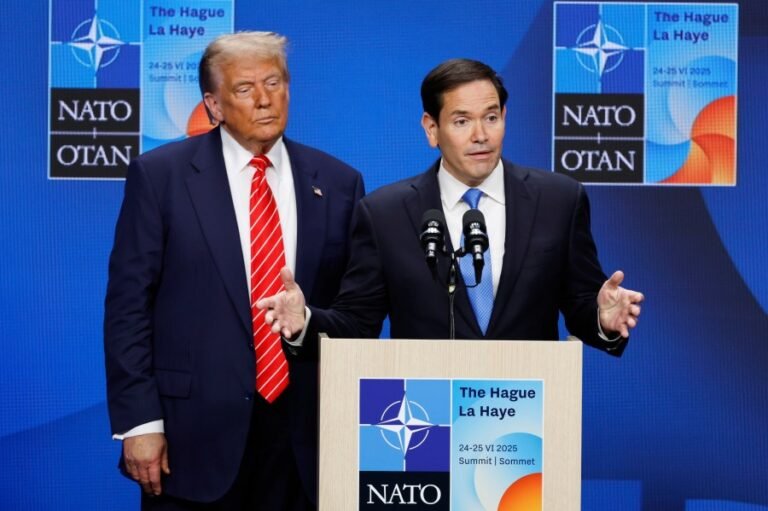
President Donald Trump’s thinking inadvertently poses a triple threat to America.
Trump understands the need to make the highly inefficient U.S. government more efficient and, in the process, save hundreds of billions, even trillions, of dollars. He also believes that a “big, beautiful bill” to make the 2017 tax cuts permanent can be passed by Congress. He sees tariffs as the means to make the international trade system fairer for the U.S. and bring in trillions of dollars to make America even richer.
But reality must intervene. Despite the honorable intent of these three initiatives, instead of improving and advancing American interests, their effects will be detrimental and possibly destructive to our citizens’ lives.
Trump ignores or dismisses these looming consequences only because of an excess of confidence and hubris and an inability to accept criticism.
Trump’s first goal is to be accomplished by the Department of Government Efficiency (DOGE). DOGE is staffed by America’s best and brightest, meaning that brain power, imagination and innovation can make government far more efficient and achieve the promised savings. But that is not happening.
In the rush to implement DOGE, Elon Musk, the world’s richest person, neglected to develop a plan of action first that encompassed a cost-benefit analysis of likely and unlikely consequences and set priorities across government for determining a timetable for its interventions. As a result, the image of Musk waving a chainsaw to use against the government became the metaphor for DOGE.
In too many instances, DOGE has done far more damage than good. Cutting the IRS during tax season and cutting Social Security staff are examples of a ready, fire, aim mentality. In the Department of Defense, DOGE has failed to recognize that real change will not be achieved without a fundamental change in strategy and major reform of both the Pentagon’s organization and the regulatory mess.
Further, attempting to terminate the U.S. Agency for International Development and the Department of Education is the wrong solution to what is needed.
USAID does a great deal of good; preserving that is essential to a successful foreign policy and diplomacy. Also, grade school education is failing because about half of all teachers quit or resign within five years of service.
Extending the tax cuts will add at least $6 trillion to the national debt without any confidence or analysis of how revenues will be increased to cover these deficits. Yet, with a Republican controlled Congress, this bill is likely to be passed. And then what?
Trump’s rollout of global tariffs has devastated stock markets and, so far, caused a decline of about $10 trillion in value. The 90-day hold on increasing tariffs has not calmed public reactions and does not guarantee that bond markets will raise enough capital to sustain deficits.
How this plays out remains to be seen. However, unless Trump claims victory and manipulates so-called negotiations with the many states to end his tariff regime, an economic recession or worse becomes more likely. Other states will retaliate and American dependence on foreign content for about 30 to 50 percent of products made here will drive up costs for consumers and retard economic growth.
Whether members of his cabinet who appreciate these realities will persuade the president to relent on his long-held views and exaggerations of tariffs’ virtues is critical to preventing a financial meltdown.
While experts know and the public senses that Trump’s big three initiatives — DOGE, tax cuts and tariffs — will hurt the U.S. and its economy, will the president change his mind? Much will depend on whether Trump’s advisors can craft an exit strategy that claims success while dropping or altering these initiatives.
DOGE can be made more efficient. And Congress can help by restoring its authority as the branch of government to levy tariffs and approve all spending.
But will these changes be made, and will recognition of reality be restored? The equity and debt markets are sounding deafening alarms of danger that looms. Public fears of what Trump calls “yippies” are likely to grow more intense. And DOGE will continue to do more harm than good.
Only Trump can make that happen. But will he? The future of the nation depends on this decision.
Harlan Ullman, Ph.D., is UPI’s Arnaud deBorchgrave Distinguished Columnist, a senior advisor at Washington, D.C.’s Atlantic Council, the chairman of two private companies and the principal author of the doctrine of shock and awe. He and David Richards are authors of the forthcoming book, “Arc of Failure: Strategic Delusions in a Dangerous and AI-Driven World.”

